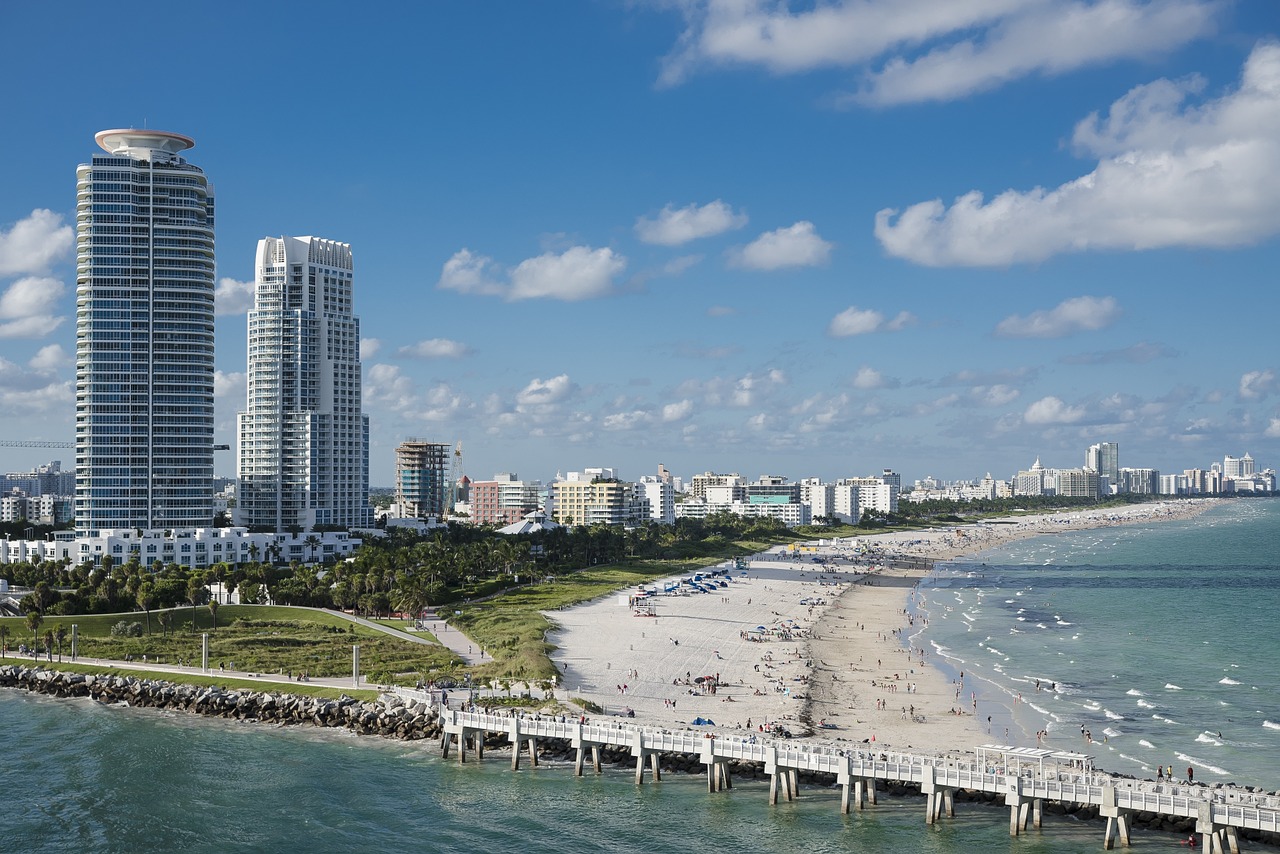Executive George Scorsis on Florida’s Potential in Film Industry
The recent developments with Covid-19 have spurred an even greater adoption of streaming services and stunning revenue for the worldwide entertainment market.
In 2019, global box office and home entertainment markets surpassed $100 billion for the first time ever, according to Forbes. This marks a notable accomplishment and an impressive revenue stream.
For years, the Canadian film industry has offered tax incentives that American filmmakers have found appealing, the very reason so many American movies are filmed in Canada.
This, coupled with a typically lower cost of living, allows for productions to shave off labor costs, according to New Canadian Life.
Florida has been slating itself as a business-friendly, low-tax mecca for technology. And now, the Sunshine State is taking a page from the Canadian playbook and vying for the entertainment dollar. Other states are making moves as well.
Canadian executive George Scorsis, who has a wealth of experience with Florida’s business community, noted that Florida is getting creative with proposed incentives for luring film projects.
These incentives include up to $2 million in tax credits for film, television, and digital media productions. The proposal, which surfaced in SB 946, largely drew support from senators with a 9-1 vote.
John Lux, executive director of Film Florida, told Florida Trend that “the funding program doesn’t need to be as lucrative or aggressive as other states because Florida is a low tax state with a diverse array of locations that already has a strong production infrastructure.”
Lux further explained that greater content available to viewers also means more private funding available for content creation.
“Content creators are looking for places to produce and spend money, and we want to compete for those projects,” he said.
Scorsis said it is a fantastic opportunity, but one that needs to be approached strategically. He notes that there are dollars available, particularly since other states have been scaling back in incentives.
“There are no entertainment taxes in Canada. Plus, filmmakers are offered tax incentives for hiring local musicians and actors,” said George Scorsis. “This is an idea Florida lawmakers have included in the drafting of the senate bill that offers incentives to filmmakers.”
According to the Florida Trend article: “A Senate staff analysis of the proposal said entertainment incentives have waned in popularity, with 31 states in 2018 offering some form of incentives, down from 44 in 2009. However, Georgia remains one of the most generous.”
Thus far, Florida has done little to compete with neighboring states for entertainment productions “since the Legislature in 2010 allotted $296 million for film and television work,” which was allowed to sunset.
Florida TaxWatch reported recently that the Sunshine State missed out on more than 60 major productions in 2019 due to not having a program.
Sen. Tom Wright, R-New Smyrna Beach, argued for the bill and tax credits, noting that the particular structure of the credits equal a means to protect the state’s investments, since the credits are not received until after completion of the production.
For example, according to Florida Trend, a film production would need to spend at least $1.5 million, and a television show would have to spend at least $500,000 per episode.
Additionally, at least 60 percent of crew members would have to come from Florida, and a minimum of 70 percent of the production schedule would have to take place in Florida.
Filming is still somewhat difficult because of the pandemic, but Florida’s incentives could still pull in new projects and dollars once restrictions finally ease up.

